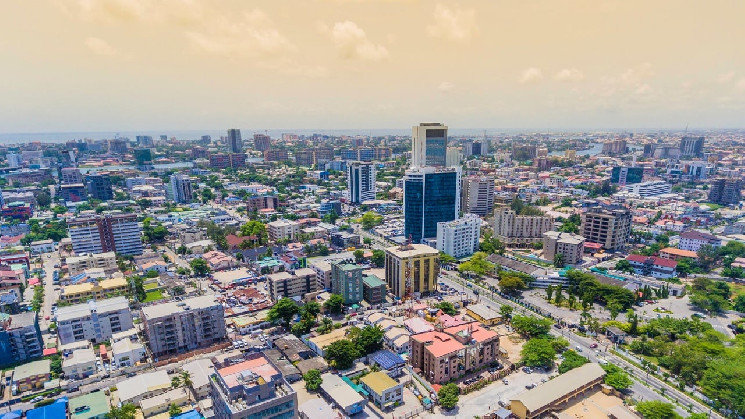The Nigerian government received nearly $100,000 from two cryptocurrency firms accused of conducting unlicensed conversions of tether ($USDT) to naira and vice versa. The two Nigerian cryptocurrency firms, Paparaxy Global Ventures Limited and Lemskin Technologies Limited were accused of operating without a banking license.
Plea Agreement
The Nigerian Federal Government recently received nearly $100,000 (NGN160 million) from two cryptocurrency firms accused of illegally converting tether ($USDT) to naira and vice versa. According to Nigerian authorities, the two firms, Paparaxy Global Ventures Limited and Lemskin Technologies Limited violated the law by offering their services without a valid banking license.
According to a Nairametrics report, the two firms entered a plea bargain agreement with the Economic and Financial Crimes Commission (EFCC). The existence of this plea agreement was announced by the EFCC lawyer, Ogechi Ujam, who requested the court adopt the deal. After listening to Ujam’s request, Nigerian High Court Judge James Omotosho adjourned the case to October 22.
The revelation of the Nigerian anti-graft body’s case against the two cryptocurrency firms and their respective directors came just weeks after the country’s securities regulator granted its first digital asset exchange licenses to two local firms, Busha and Quidax. Despite this widely welcomed move, the regulator, however, warned that it would not tolerate cryptocurrency platforms operating illegally and vowed to crack down on such entities.
Meanwhile, in addition to blocking unlicensed crypto exchange platforms, Nigerian authorities have resorted to freezing bank accounts believed to be linked to local cryptocurrency traders. To achieve this, authorities have invoked general anti-money laundering and exchange control laws.
To illustrate, in the EFCC’s case against Paparaxy and Lemskin, the Nigerian anti-graft body argued that the two firms were not authorized to participate in the Nigeria Autonomous Foreign Exchange Market. The EFCC also accused the firms of violating section 10(3) of the Money Laundering (Prohibition) Act, 2011, which requires market participants to report such transactions to the Special Control Unit on Money Laundering (SCUML).
 news.bitcoin.com
news.bitcoin.com
